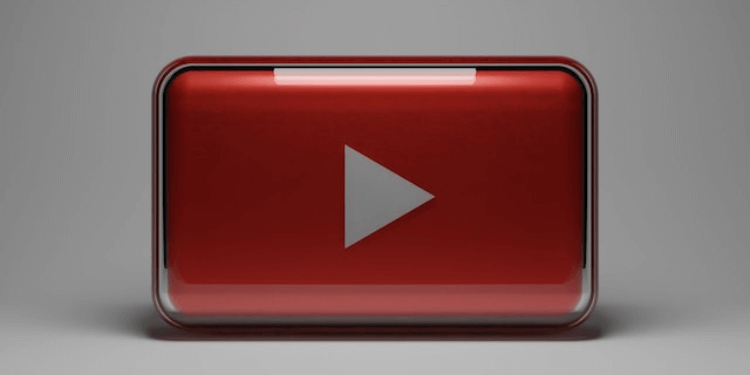YouTube has announced a new policy regarding AI-generated content on its platform, particularly focusing on podcasts. Under the new guidelines, set to be implemented next year, creators using “realistic” AI-generated or altered content in their podcasts are required to label their videos accordingly. This move aims to provide clarity and transparency for both creators and viewers, especially in cases where AI-generated clones of voices are used.
The policy stipulates that even with appropriate labeling, individuals can request YouTube to remove videos that simulate their face or voice. YouTube’s decision to take down such content will depend on several factors, including whether the content is satirical or if the person being replicated is a public figure. This contrasts with the stricter regulations for AI-generated music content, driven by YouTube’s need to maintain positive relations with music labels.
These guidelines emerged as a proactive step by YouTube in the absence of a comprehensive legal framework for AI-generated content. While the initiative is a step forward in addressing the challenges of AI in content creation, its effectiveness and consistency in enforcement remain to be seen.
YouTube’s new policy on AI-generated podcasts reflects an evolving approach to digital content moderation. The requirement for clear labeling is a positive step toward transparency, but the policy’s success hinges on consistent enforcement and the platform’s ability to navigate the nuanced landscape of AI content. As the digital realm continues to integrate AI technologies, platforms like YouTube will play a crucial role in shaping the balance between innovation and ethical content creation.



















































